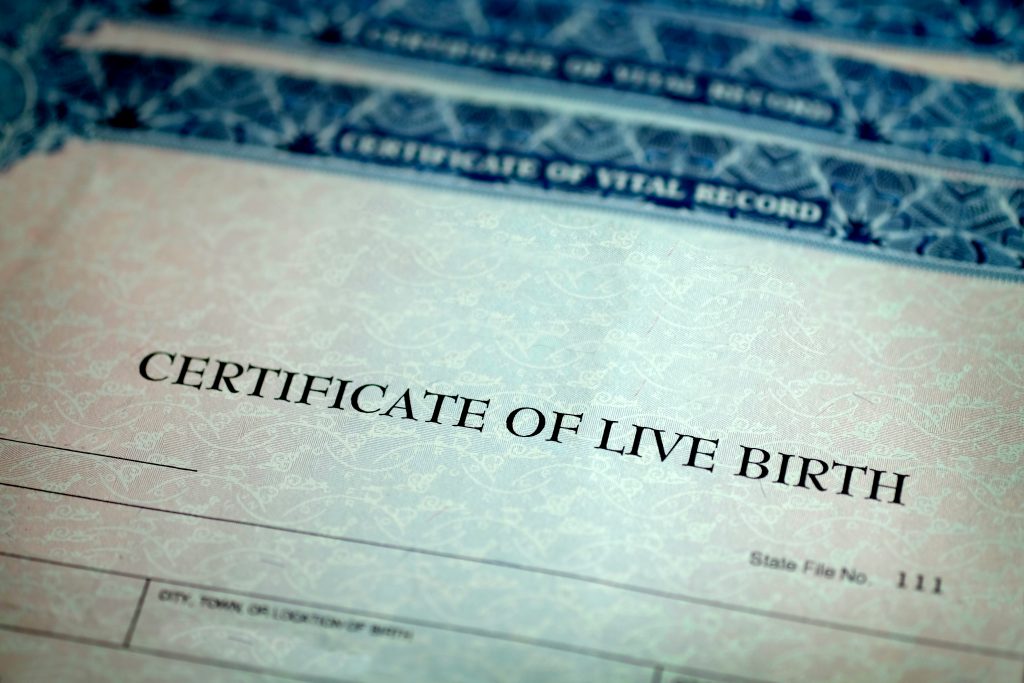Why is Knowing the Difference Between Parenting Time and Custody Vital to Negotiating Effective Co-Parenting Arrangements?
In New Jersey, child custody and parenting time are closely related but distinct concepts that are crucial in determining how parents care for and spend time with their children after separation or divorce. Understanding these ideas and their implications is essential for parents attempting to maintain their rights and ensure the best possible outcomes for their children. By consulting with a skilled child custody lawyer, you can learn more about these elements of a comprehensive parenting plan and build a robust arrangement that supports your child’s needs.
What is Child Custody?
Child custody in New Jersey encompasses two main components: legal custody and physical custody. Legal custody refers to the right to make major decisions about a child’s upbringing, including choices regarding healthcare, religious training, and education. Physical custody pertains to where the child usually resides and who provides day-to-day care.
New Jersey courts recognize joint and sole custody arrangements for both legal and physical custody. Joint legal custody, the most common arrangement, allows both parents to share in decision-making responsibilities for their child. This setup encourages collaboration between parents and ensures both have a say in crucial aspects of their child’s life. Joint custody is best suited to parents who can set aside their personal differences to co-parent and focus on their child’s needs. Sole legal custody, while less common, may be awarded when one parent is deemed unfit or unable to make sound decisions for the child.
Similarly, physical custody can be shared (joint physical custody) or granted primarily to one parent (sole physical custody). Joint physical custody involves the child residing with both parents for significant periods, promoting ongoing contact and involvement from both parents in the child’s daily life. Sole physical custody designates one parent as the primary caregiver, with the child residing with them all or most of the time.
How Do Custody and Parenting Time Differ?
While custody determines decision-making authority and the child’s primary residence, parenting time focuses on the schedule and arrangements for each parent to spend time with their child. In New Jersey, the term “parenting time” is preferred over “visitation,” as it more accurately reflects the significance of each parent’s role in their child’s life. While one parent may have sole physical and/or legal custody, both parents may still have parenting time.
Parenting time arrangements can vary widely depending on the family’s circumstances and the child’s best interests. These arrangements can range from equal time-sharing between parents to more limited schedules for non-custodial parents. The flexibility in parenting time plans allows for customization based on factors such as work schedules, distance between parental homes, and the child’s extra-curricular activities and preferences.
What Factors Can Influence Parenting Time and Custody Arrangements?
When making decisions about custody and parenting time, New Jersey courts prioritize the best interests of the child. Courts aim to create custody and parenting time plans that promote the child’s overall welfare and development. Under New Jersey Revised Statutes § 9:2-4a, various factors must be taken into account by the court when determining if proposed arrangements are appropriate for the child, including:
- The parents’ ability to cooperate and communicate
- The child’s relationship with each parent and siblings
- The child’s safety and well-being, including any history of domestic violence or abuse
- The stability of each parent’s home environment
- The child’s educational needs
- The child’s preference, if they are of sufficient age and capacity to reason
How Can Parents Create a Parenting Time and Custody Plan That Best Fits Their Families’ Needs?
Many parents in New Jersey opt to negotiate custody and parenting time agreements outside of court. Once approved by the court, these agreements provide a comprehensive framework for co-parenting. They typically include details such as:
- The custody arrangement (joint or sole, legal and physical)
- A detailed parenting time schedule
- Holiday and vacation arrangements
- Decision-making processes for major issues
- Communication protocols between parents
- Procedures for resolving disputes
Creating a well-structured agreement can help minimize conflicts and provide stability for the child. However, these agreements must be carefully crafted to address the family’s unique circumstances and comply with New Jersey law.
Is It Possible to Modify Parenting Time or Custody Plans?
Once a custody and parenting time order is in place, both parents are legally obligated to follow it. However, circumstances may change over time, necessitating modifications to the original order. Common reasons for seeking modifications include:
- Significant changes in a parent’s work schedule or living situation
- The child’s changing needs as they grow older
- Relocation of one parent
- Concerns about the child’s safety or well-being
New Jersey courts allow for the modification of custody and parenting time orders when there is a substantial change in circumstances and the modification serves the child’s best interests. However, the process of modifying an existing order can be complex, often requiring legal assistance. A knowledgeable family law attorney can help you determine if modification is appropriate for your situation and advocate for your child’s interests in court.
What Can an Experienced Family Law Firm Do For You?
Moving ahead with life after a divorce comes with many challenges and considerations. Ensuring you can spend as much time as possible with your children and maintain a strong presence in their lives and upbringing is likely a top priority as a parent. Unfortunately, depending on the circumstances, navigating child custody proceedings in New Jersey can be complicated.
Our dedicated legal team at Edens Law Group can help you understand your parental rights, explore your options for viable custody and parenting time arrangements, and advocate for your interests throughout the custody process. To schedule a no-obligation case evaluation with our trusted lawyers, contact our Chester office at 908-529-0353 or complete our online form, and we will reach out to you.









